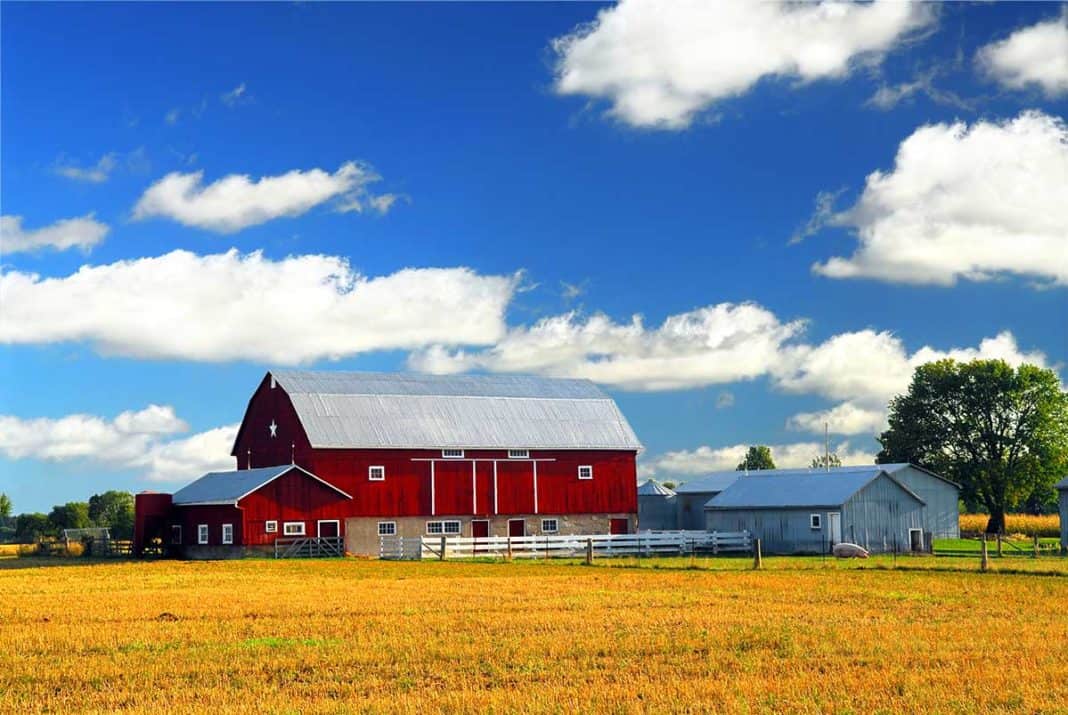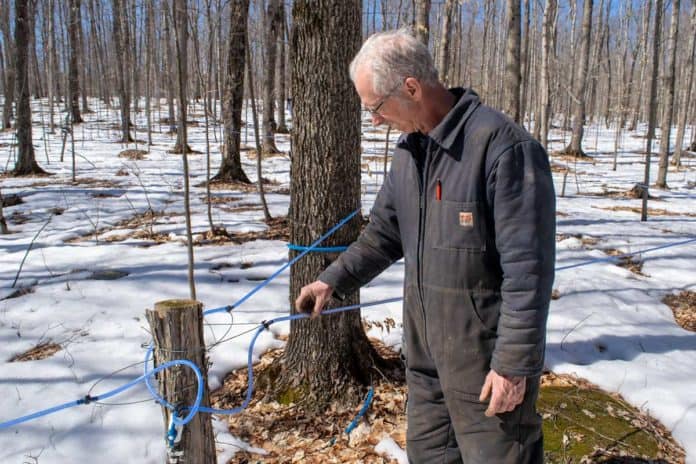OTTAWA – Farmers are often the first to feel the impacts of climate change and the increasing risk of extreme weather events, extreme heat, floods and droughts. Solutions that are specifically tailored for each region and developed by farmers and farm organizations themselves is the best way to build climate resiliency across Canadian agricultural landscapes, according to the federal government. On March 18, Marie-Claude Bibeau, minister of agriculture and agri-food (AAFC), announced an $815 million investment over 10 years for the new Agricultural Climate Solutions (ACS) program.
“Our government is working in partnership with farmers to develop and deploy the best practices that will fight climate change, protect our lands and waters and deliver important economic benefits to farmers. With significant regional collaborations from coast to coast, ACS puts farmers at the helm of steering Canadian agriculture towards a climate resilient future for the generations to come,” Minister Bibeau stated.
Farmer-led regional collaborations, called Living Labs, may include scientists, agricultural non-profits, Indigenous organizations and environmental groups for the development and management practices that best store carbon and mitigate climate change. This work is also expected to help protect biodiversity, improve water and soil quality and improve farmers’ bottom lines. The ACS program is based on an expanded model of AAFC’s Living Lab networks already underway in the provinces of Manitoba, Ontario, Quebec and PEI and has been endorsed by the G20 as a model of innovation and collaborative research.
The aim is for every province to have at least one collaboration hub. Farmers and researchers can co-develop best practices including cover crops, intercropping, conversion of marginal land to permanent cover, shelterbelts, nutrient management and inclusion of pulses in rotation. Some farming practices such as no-till farming help with carbon sequestration.
“This program allows researchers, farmers and other groups to work closely together and test their ideas on-farm to evaluate them in real world circumstances to achieve meaningful results,” said Mary Robinson, president of Canadian Federation of Agriculture in a statement.
The ACS program is part of Canada’s plan to reduce greenhouse gas emissions by 30 percent below 2005 levels by 2030 and towards net zero emissions by 2050. In addition to the $185 million investment, there has been a $165.7 million increase in the Agricultural Clean Technology Program that supports research, development and adoption of clean technologies.
The first phase of the program will launch April 1 and support the hubs with grants of up to $100,000. Phase Two of the program, where applicant groups can request funding support of up to $10 million per project, may open as early as fall of 2021. Agriculture and Agri-Food Canada will host regional information sessions over the coming weeks.






